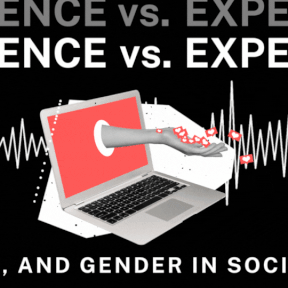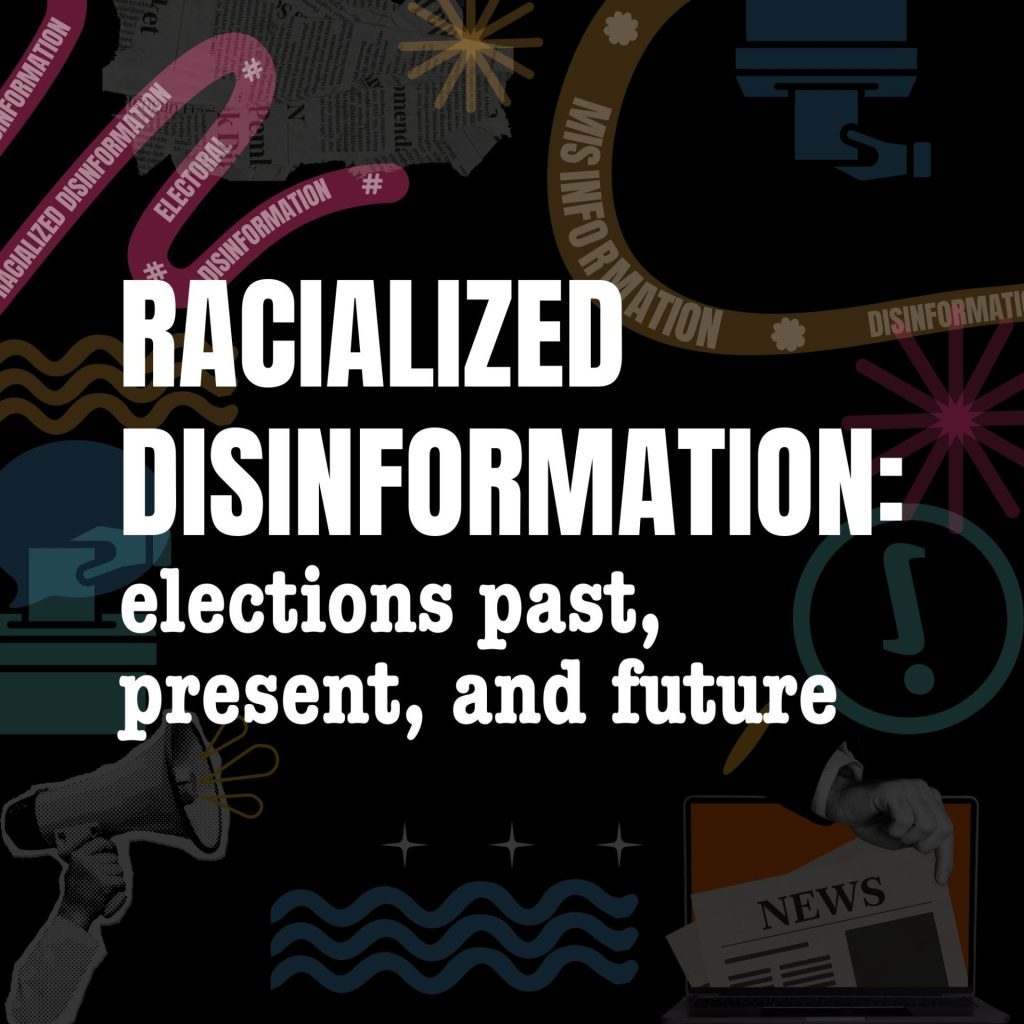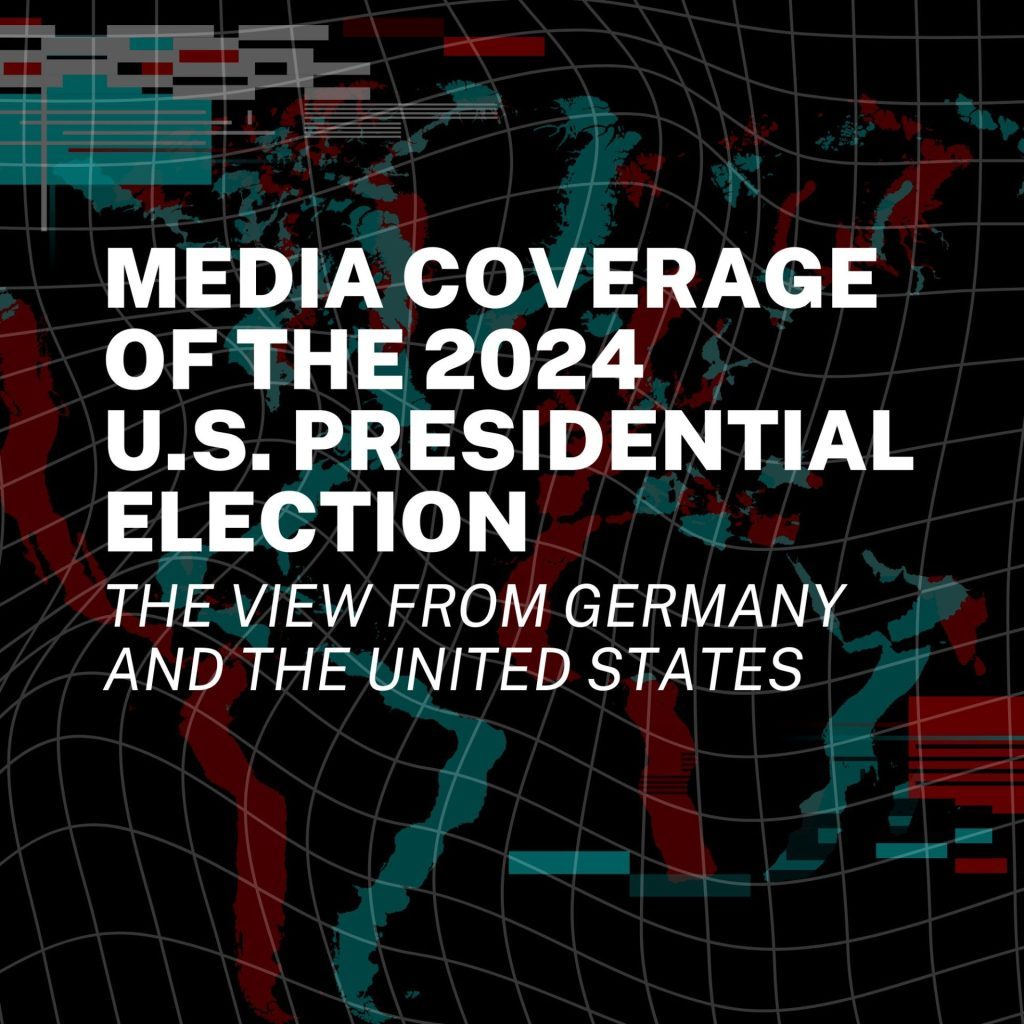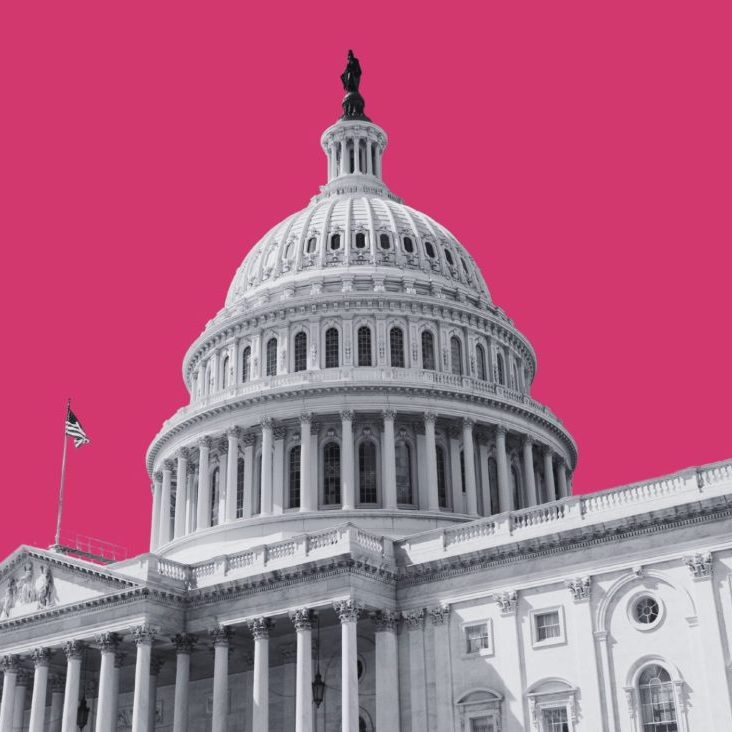Media and January 6th
"Media and January 6th" features short, provocative, and accessible contributions from a range of diverse scholars, edited by Khadijah Costley White, Daniel Kreiss, Shannon C. McGregor, and Rebekah Tromble.
"The images cast across screens across the country on January 6, 2021, laid bare the fragility of American democracy as the steps and halls of the US Capitol were inundated by a violent band of insurrectionists. Fed by blatant lies, political anger, and racial animus, they sought to halt a procedure enshrined in the US Constitution and to overturn a freely and fairly run election. Meanwhile, efforts to obstruct, avoid, and misrepresent the subsequent investigation of the January 6th attack have continued apace.
With a relative dearth of work that centers historical and contemporary racial, ethnic, and power dynamics in the context of media, our interdisciplinary field was caught flat-footed, unprepared to respond to those who actively seek to undermine American democracy. This edited volume is a first step toward remedying that situation. Media and January 6th brings together a diverse group of leading scholars to help us more clearly understand the relationship between media and the attempted coup. The volume examines why and how January 6th came to be and the centrality of media to the event. It is organized around three key questions: How should we understand January 6, 2021? What should research look like after January 6, 2021? And how can we prevent another event like this?"
The Latest From CITAP
News
Snapshots of #ICA2024
On June 20th, CITAP and CITAP-affiliated researchers traveled to the Gold Coast, Australia for the start of ICA 2024.
. about Snapshots of #ICA2024Francesca Tripodi on Prager U
“They provide this nostalgia for a past that never really existed.”
. about Francesca Tripodi on Prager UTressie McMillan Cottom honored with Brandeis’s Gittler Prize on October 27th
Tressie also visited classes and engaged with the Brandeis community for 3 days as part of her residency.
. about Tressie McMillan Cottom honored with Brandeis’s Gittler Prize on October 27thCITAP is Hiring!
We are seeking 2 Postdoctoral Research Associates to join us at CITAP.
. about CITAP is Hiring!CITAP is hiring!
We are seeking a dynamic, motivated Executive Director to provide innovative and visionary leadership for CITAP.
. about CITAP is hiring!Announcing the 2023-24 affiliate community
We’re pleased to welcome our 2023-2024 cohort of affiliates.
. about Announcing the 2023-24 affiliate communitySummer 2023 personnel announcements
This summer, CITAP is celebrating big moves across our team.
. about Summer 2023 personnel announcementsFrancesca Tripodi wins 2023 CIP Award for Impact and Excellence
The award recognizes Tripodi’s research contributions to strengthening democracy against disinformation.
. about Francesca Tripodi wins 2023 CIP Award for Impact and ExcellencePublications
AI Governance & Democracy: A Statement of Principles and Transatlantic Research Goals
This initiative demonstrates ongoing academic cooperation between U.S. and European institutions, even as formal governmental dialogues have faced recent setbacks. The framework provides a roadmap for future transatlantic collaboration on AI governance and regulation.
. about AI Governance & Democracy: A Statement of Principles and Transatlantic Research GoalsChildren Online Safety Legislation (COSL) – A Primer
An analysis of the legislation to protect child safety online, driven by moral panic rather than evidence, argues that it is ineffective and harms privacy and free expression.
. about Children Online Safety Legislation (COSL) – A PrimerPreventing Tech-Fueled Political Violence: What online platforms can do to ensure they do not contribute to election-related violence
With extremist militias mobilizing ahead of the 2024 election, platforms must urgently address electoral threats to ensure a peaceful conduct of elections and the holding and transfer of power.
. about Preventing Tech-Fueled Political Violence: What online platforms can do to ensure they do not contribute to election-related violencePatrons of commerce: asymmetrical reciprocity and moral economies of platform power
Aaron Shapiro, Courtlyn Pippert, Jacob Smith & Zari A. Taylor investigate what platforms owe their users and vice versa, using asymmetrical reciprocity to critique platform power and showing through vignettes how users push back against exploitative policies.
. about Patrons of commerce: asymmetrical reciprocity and moral economies of platform powerSafeguarding the Peaceful Transfer of Power: Pro-Democracy Electoral Frames and Journalist Coverage of Election Deniers During the 2022 U.S. Midterm Elections
Hesoo Jang and Daniel Kreiss find that journalists repeatedly fail to direct public attention to how election denial undermines the legitimacy of the electoral process.
. about Safeguarding the Peaceful Transfer of Power: Pro-Democracy Electoral Frames and Journalist Coverage of Election Deniers During the 2022 U.S. Midterm Elections“You Could Hear a Hair Pin Drop”: Queer Utopianism and Informal Knowledge Production in the Gaylor Closeting Conspiracy Theory
Yvonne Eadon analyzes TikTok videos to understand how Gaylor community members parse evidence and collectively develop community lore.
. about “You Could Hear a Hair Pin Drop”: Queer Utopianism and Informal Knowledge Production in the Gaylor Closeting Conspiracy TheoryStrategically Hijacking Victimhood: A Political Communication Strategy in the Discourse of Viktor Orbán and Donald Trump
The concept of “hijacked victimhood” illustrates how politicians and others in elite positions craft narratives strategically portraying dominant groups as victims
. about Strategically Hijacking Victimhood: A Political Communication Strategy in the Discourse of Viktor Orbán and Donald TrumpPresidential Authority and the Legitimation of Far-Right News
How did Trump use the power of the presidency to contribute to the rise of far-right news outlets among Republican legislators and mainstream American media?
. about Presidential Authority and the Legitimation of Far-Right NewsEvents
Black Twitter: Talking Back and Transforming Television
Join CITAP for an engaging conversation between Meredith D. Clark and Sherri M. Williams as they discuss their groundbreaking books on the power of Black Twitter in shaping media, activism, and digital culture.
. about Black Twitter: Talking Back and Transforming TelevisionMarie Heřmanová: Experience vs. Expertise
Join CITAP and Marie Heřmanová as she examines how social media creators balance authenticity and authority in political discourse, influenced by gender dynamics.
. about Marie Heřmanová: Experience vs. ExpertiseRacialized Disinformation: Elections Past, Present, and Future
This panel brings together our principal researchers to discuss the long history of electoral disinformation in the United States and the ways that racialized disinformation is targeted at communities of color to suppress their political power.
. about Racialized Disinformation: Elections Past, Present, and FutureMedia Coverage of the 2024 U.S. Presidential Election: The View from Germany and the United States
Join us for a Fireside Chat, “Media Coverage of the 2024 U.S. Presidential Election: The View from Germany and the United States.”
. about Media Coverage of the 2024 U.S. Presidential Election: The View from Germany and the United StatesThreats to Democracies
This event brings together renowned experts to discuss the critical challenges to democracies in the U.S. and Europe, with a particular focus on media, technology, and election dynamics.
. about Threats to DemocraciesMedia and January 6th
Join us for “Media and January 6th,” an event where we will bring together a diverse group of leading scholars to help us more clearly understand the relationship between media and the attempted coup.
. about Media and January 6thForrest Stuart
Please join us for Forrest Stuart’s talk, “Institutional Decision-Making in the Digital Age: The Case of Social Media Data in Criminal Courts.”
. about Forrest StuartTJ Billard: Voices for Transgender Equality
TJ Billard offers an insider’s view into transgender activism during the first two years of the Trump administration.
. about TJ Billard: Voices for Transgender Equality
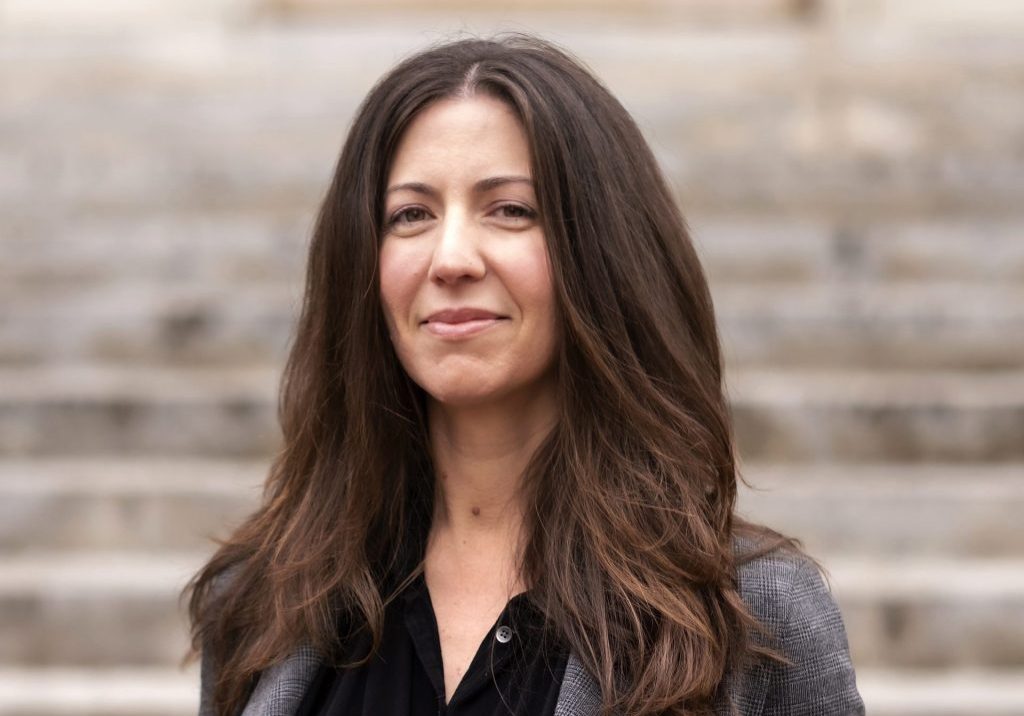
![mcmillan-cottom-tressie[1] Tressie McMillan Cottom](https://citap.unc.edu/wp-content/uploads/bb-plugin/cache/mcmillan-cottom-tressie1-landscape-f6e78d8b2b79b47ebab9bf4a6c86c784-.jpg)
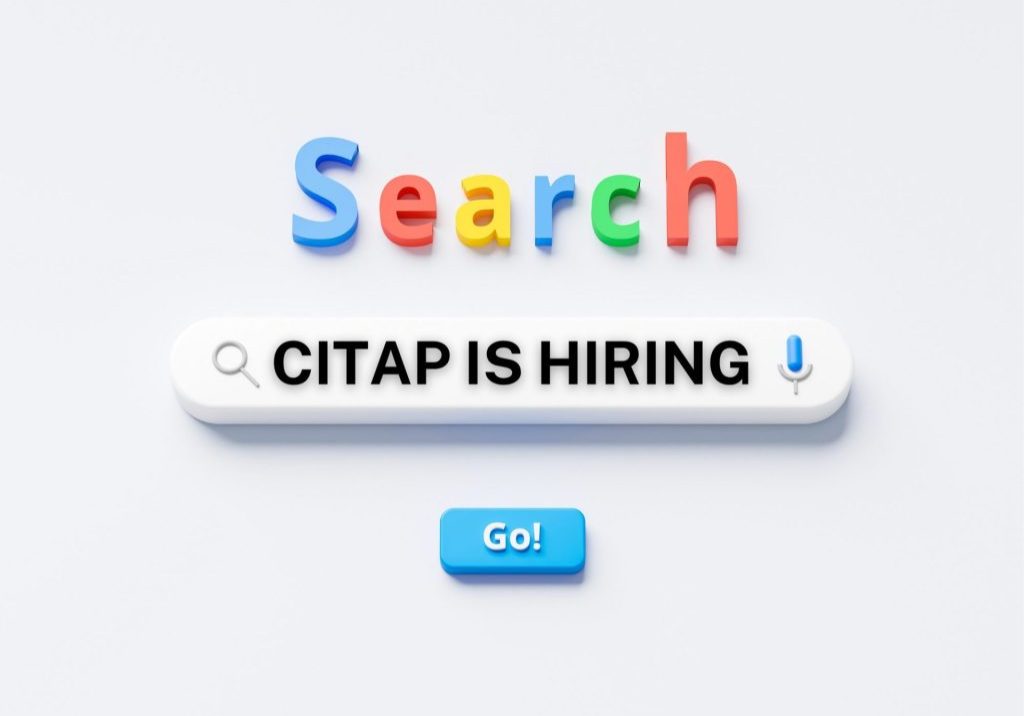

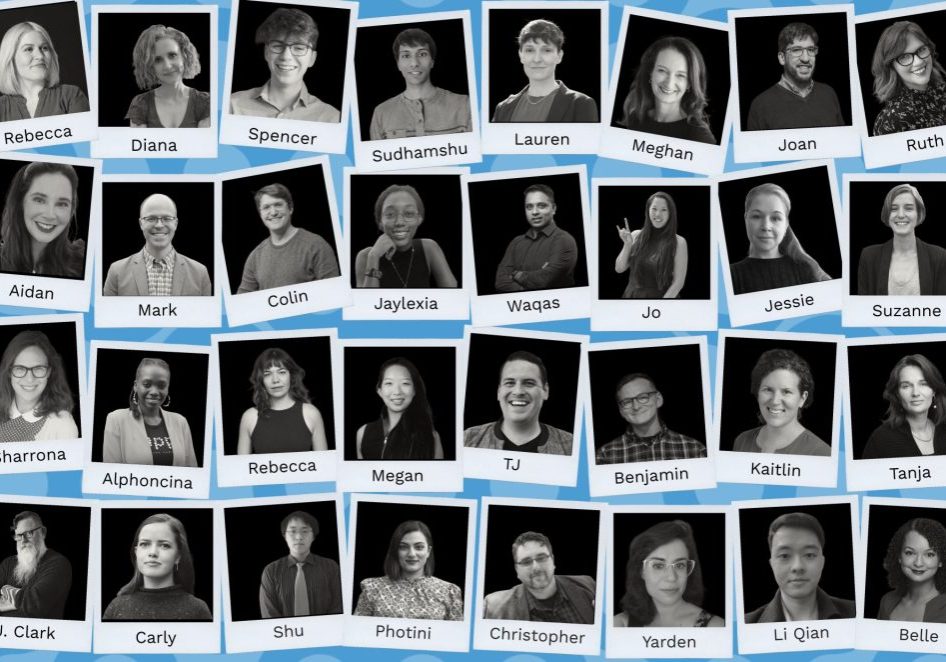
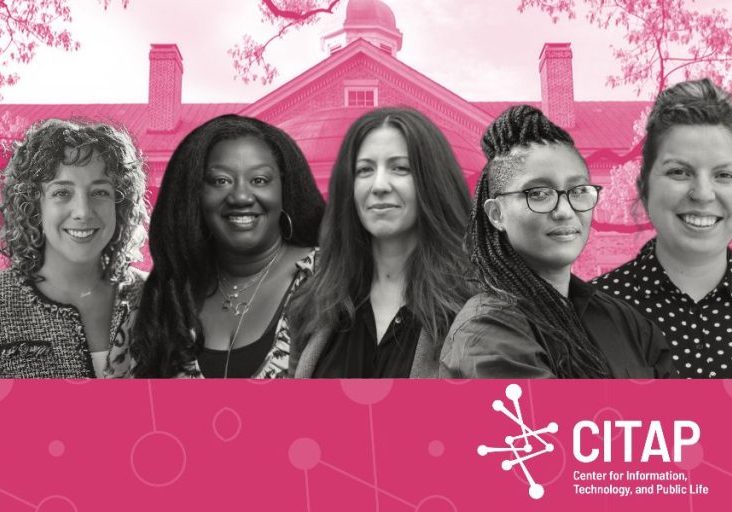
![CIP-Award-for-Impact-Excellence_Logo_Obelisk[1] Obelisk sculpture on the University of Washington Campus. Superimposed over the sculpture is the logo for the Center for an Informed Public and the words CIP Award for Impact and Excellence.](https://citap.unc.edu/wp-content/uploads/bb-plugin/cache/CIP-Award-for-Impact-Excellence_Logo_Obelisk1-1024x682-landscape-e6492c3a39023a3676e3b16b6b08ae23-.jpg)







